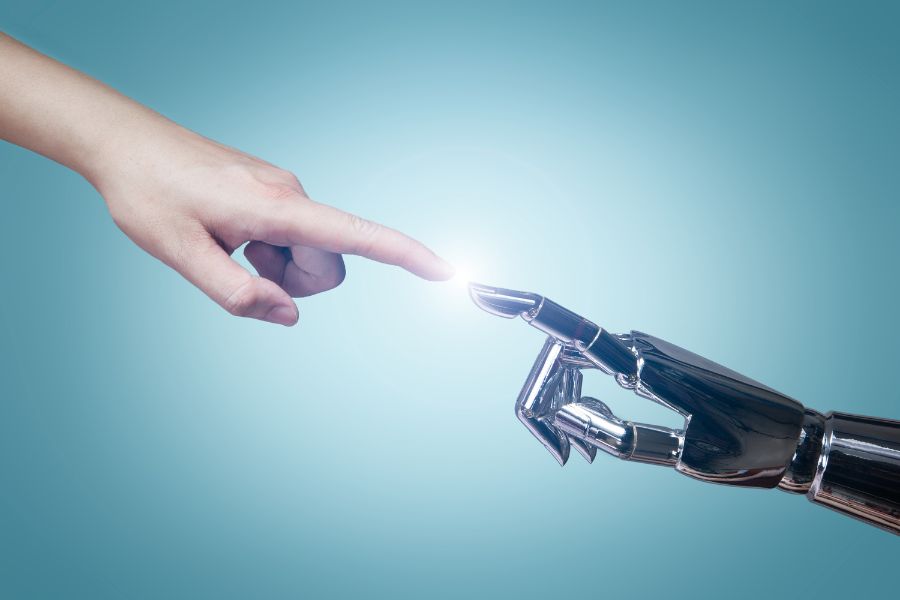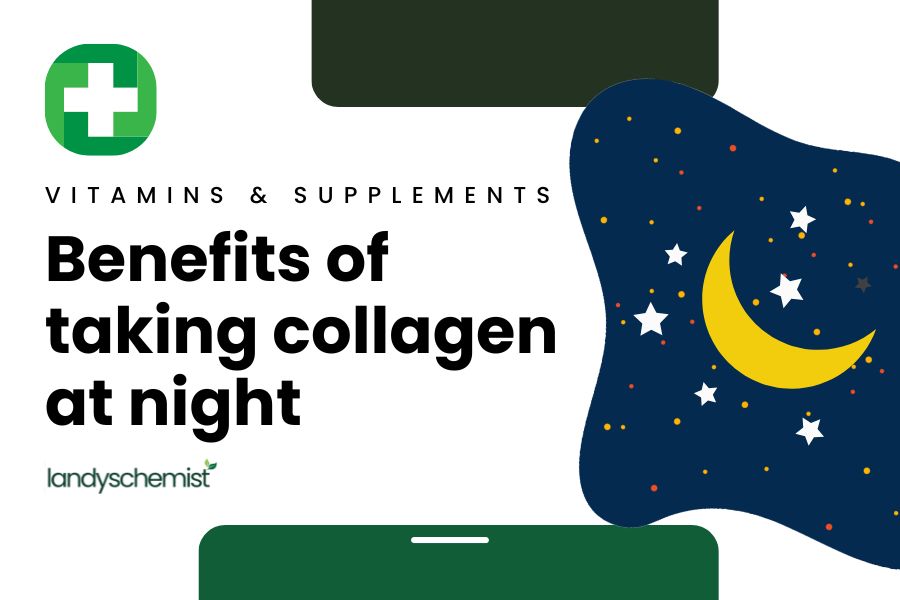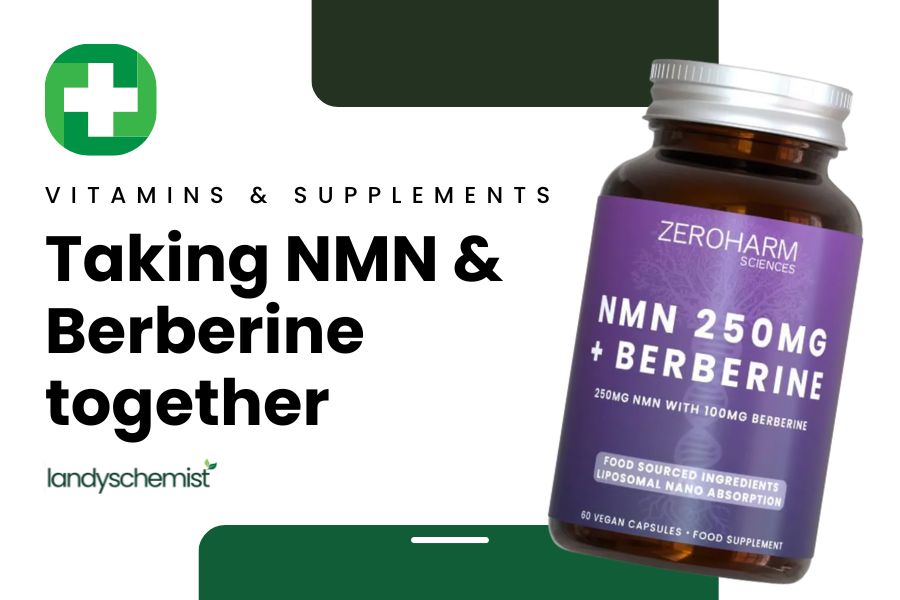
AI in The Beauty Industry
What is the difference between AR and AI?
Augmented Reality (AR) is the modification of a real-life environment through digital features such as visual, audio or other sensory elements. Artificial Intelligence (AI) enhances this technology by offering a more in-depth and complex manipulation of an environment in this virtual space.
Why is it so popular?
After the COVID-19 pandemic, consumer trends changed completely. They could no longer go into the store and try a foundation shade or different lip shades; everything has to be done online. This event forged the creation of these AI generators so that consumers could see whether they wanted to buy the product or not without worrying about the hygiene concerns surrounding in-store testers.
A recent study found that 92% of Gen Z consumers have interest in augmented reality during a shopping experience.
The application of AI and AR in the beauty industry will enhance sustainability by minimising waste and ensuring efficient product usage. Through the elimination of tester materials, waste reduction is achieved, while customers are empowered to make informed purchase decisions by virtually experiencing how products appear on them beforehand, thereby reducing the likelihood of product wastage.
Who are the beauty AI visionaries?
Perfect Corp
Company dedicated to transforming how customers, content creators and beauty brands interact together through AI and AR technologies.
Over 900 million downloads.
Work with over 370 brands including Estee Lauder and No7.
Alice Chang the CEO says - “The implementation of this advanced technology also allows customers to spend more time connecting with a brand, either in-store or on the brand's website, through interactive virtual experiences that allow customers to try-on more products than ever before and in turn have more positive, personalised shopping experiences that drive impactful results.”
Reveive
Another technology company delivering hyper-personalised beauty experiences for global brands and retailers.
Sampo Parkkinen CEO says “The whole industry started with makeup apps with endless filters that would make people look less like their authentic selves. As a company, we've always been far from that. Our focus is on the user and providing actual value, not distorting beauty standards, because those should be personal to each individual.”
How is it being used in the beauty industry?
Virtual mirrors and augmented reality
AI is being used in beauty services to allow customers to try products virtually rather than going into a store. These services include hair colour matching, lip stick shade filters and personalised makeup tutorials. Ai powered devices can provide recommendations and guidance based on individual features, leading to more accurate and tailored results.
Estee lauder has utilised AI and AR technology to launch personalised virtual make-up try on solutions. They saw a 2.5 times higher conversion rate using its lip-virtual try-on and found that the imatch virtual shade expert increased the brand’s customer loyalty.
Skin services
Users simply take a picture that is then analysed by the tech to determine any health and beauty factors affecting their skin. This tech can then be programmed by brands to recommend the skincare products from their line for these specific issues.
Personalised shopping experiences
AI algorithms analyse vast amounts of data, including customer preferences, skin types, and individual characteristics, to provide personalised product recommendations. By understanding a customer’s unique needs, AI can suggest the most suitable products leading to a more personalised shopping experience. Epsilon research recently found that about 80% of clients would buy from brands offering personalized products; leading beauty brands leveraging this approach managed to increase their revenue by 15% and make marketing costs 30% more efficient. That's when artificial intelligence becomes invaluable.
Machine learning for demand forecasting
Analysing social media comments, website reviews and purchase data by those who have engaged with beauty services and products – highlights what is popular and provides predictive analytics to prepare retail and staff for upcoming periods.
Product development
Ai is used in the development of beauty products, including formulation and ingredient research. Machine learning algorithms can analyse vast databases of ingredients, scientific studies and customer reviews to identify patterns and optimise product formulations.
Chatbots and virtual assistants
Many beauty brands are incorporating AI-powered chatbots and virtual assistants to provide customer support, answer-product related questions and offer beauty tips. These automated systems can handle a large volume of inquiries promptly, improving customer service efficiency.
Social media analysis
AI algorithms can analyse social media platforms to track beauty trends, consumer sentiment, and influencers’ impact. This information helps beauty brands understand consumer preferences, design marketing strategies, and identify emerging trends in real time.
Potential drawbacks
Unrealistic beauty standards
AI-powered beauty filters and editing tools can sometimes create unrealistic expectations of beauty. These filters can heavily modify appearances, leading to an idealised and often unattainable beauty standard. This can contribute to low self-esteem and body image issues among individuals who compare themselves to digitally altered images.
Ethical concerns in data collection
AI systems often rely on vast amounts of data to train and improve their performance. In the beauty industry, this may involve collecting personal data from users, such as facial images and preferences. If not handled with care, there is a risk of privacy breaches or misuse of personal information, which can raise ethical concerns.
Lack of human connections
While AI technologies can enhance efficiency and provide certain healthcare services remotely, they may also result in reduced human interaction and personal care. The human element of healthcare including empathy and the ability to understand complex emotions, should not be compromised.
Job displacement
The introduction of AI technologies and automation in the beauty industry has the potential to result in job displacement, affecting the workforce and requiring professionals to adjust their skills and roles to align with the technological advancements. Moreover, the transformation brought about by replacing the human-operated sales industry with AI may profoundly reshape our society, as it eliminates the human interaction that has been integral to the industry for a significant period of time.
Key Takeaways
- AI and AR technologies are proving to have revolutionary applications in the beauty industry to improve customer satisfaction and experiences.
- Personalised shopping experiences seem to be the collective aspiration of beauty companies driving the adoption of these technologies.
- We are entering an entirely new era for humanity, where the true balance between the advantages and consequences of the addition of this advanced technology into society remains uncertain until we progress further.




